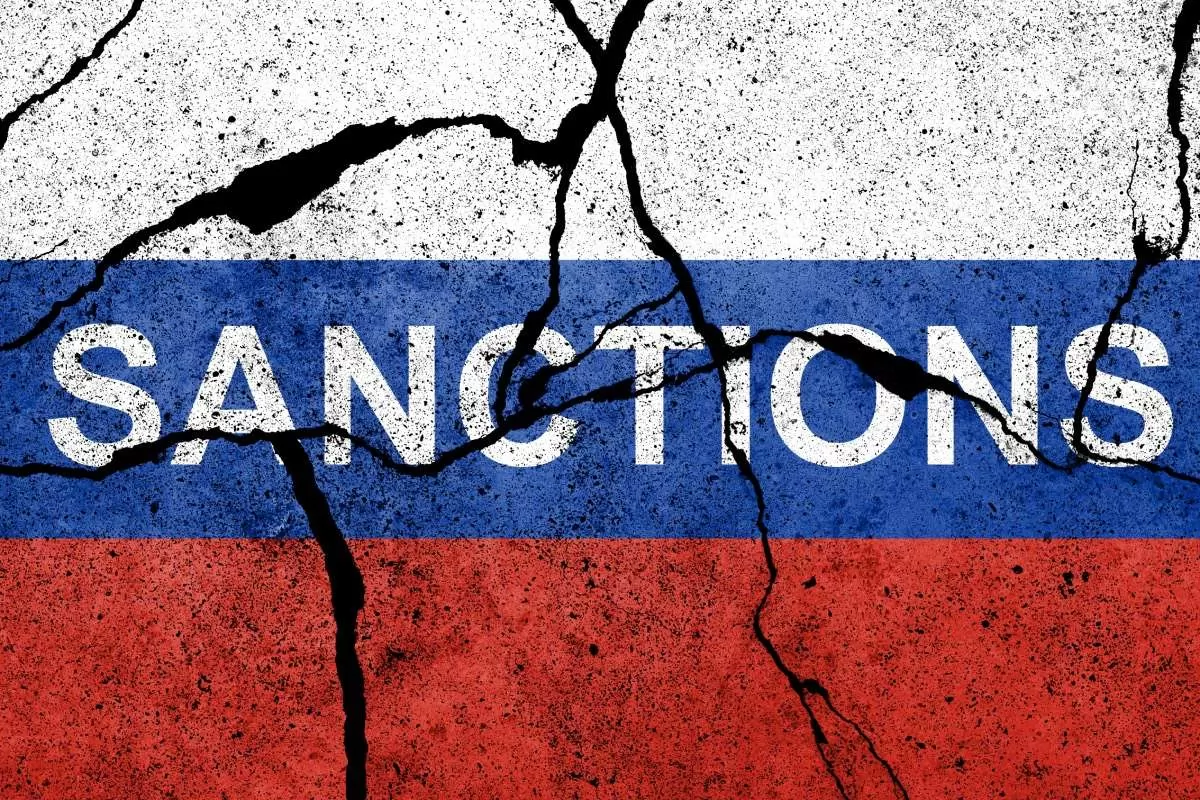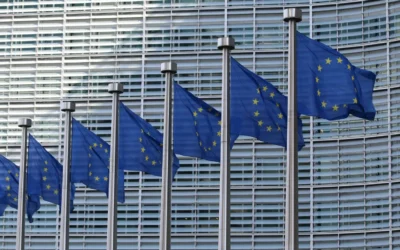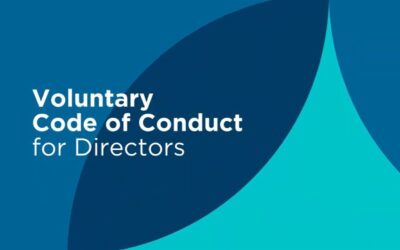1. Introduction
In response to Russia’s aggression against Ukraine, the European Union has implemented some of its most extensive sanctions to date. These measures target critical sectors of the Russian economy, including finance, energy, and trade, and extend to professional services such as legal, accounting, and IT consultancy. Among these restrictions, the prohibition on providing legal advisory services to Russian entities stands out for its significant implications for the legal profession.
Recently, the General Court of the European Union (“General Court”), a constituent court of the Court of Justice of the European Union, upheld the legal advisory services prohibition, confirming its compatibility with EU fundamental rights while clarifying important exceptions.
This blog breaks down the key elements of the prohibition and it’s meaning for legal professionals (including in-house legal counsel), explores the court’s decision, and provides practical guidance to ensure compliance while managing operational risks.
2. EU Sanctions on the Provision of Legal Advisory Services
The prohibition on legal advisory services pursuant to Art 5n (2) of Council Regulation (EU) No. 833/2014 forms part of a broader package of EU sanctions aimed at restricting Russia’s access to strategic resources and services.
This measure prohibits EU lawyers from providing non-contentious legal advice to, amongst others, entities established in Russia, including Russian subsidiaries of EU companies. However, legal services connected to judicial, administrative, or arbitral proceedings are explicitly carved out, ensuring continued access to justice.
3. Who Is Bound by The Legal Advisory Services Prohibition?
The EU legal advisory services prohibition applies to all legal professionals, including both external advisors and in-house legal counsel, making it essential to understand the general scope of the prohibition.
External Legal Advisors:
Legal professionals advising external clients must comply with the prohibition on providing non-contentious legal advice to Russian entities. This includes restrictions on services such as drafting contracts or offering regulatory guidance, except when directly linked to litigation, arbitration, or administrative proceedings.
In-House Legal Counsel:
In-house legal teams are similarly bound by these restrictions but face unique considerations due to their dual role in supporting both EU parent companies and their subsidiaries. While they can provide advice to the parent company on compliance measures, including steps related to Russian subsidiaries, they are prohibited from engaging in non-contentious advisory work directly with Russian subsidiaries.
This general framework highlights the need for vigilance and careful navigation of the rules to ensure compliance across all legal roles. The General Court’s recent decision sheds further light on how these rules should be applied in practice.
4. The General Court’s Decision: Key Takeaways
On 2 October 2024, the General Court dismissed three challenges to the prohibition brought by legal associations seeking its annulment. The Court confirmed the lawfulness and proportionality of the ban, clarifying its scope and reaffirming its compatibility with EU fundamental rights.
The legal associations argued that the prohibition lacked sufficient reasoning and infringed key rights, including access to legal advice, professional secrecy, the independence of lawyers, the rule of law, and principles of proportionality and legal certainty.
The Court dismissed these actions and upheld the prohibition, emphasizing that legal advisory services linked to judicial, administrative, or arbitral proceedings are and continue to be allowed. It stated that the prohibition applies only to legal advice that has no link with judicial proceedings. Professional secrecy and lawyer independence remain protected. See the CJEU press release and the sources cited therein.
The ruling confirms that legal professionals must carefully distinguish between contentious and non-contentious advice, ensuring they stay within permissible activities while respecting professional secrecy and independence.
5. Implications for Legal Professionals and Businesses
The General Court’s decision underscores the importance of careful navigation of the prohibition on legal advisory services to Russian entities. For legal professionals and businesses alike, understanding the scope of permitted and prohibited activities is essential to ensure compliance while managing operational risks.
For Legal Professionals:
The prohibition allows legal professionals to provide certain services while strictly limiting others. Permissible advice includes assisting natural persons (such as individuals acting independently) and EU parent companies managing Russian subsidiaries. For instance, legal professionals can advise on sanctions compliance for EU entities or represent individuals in litigation, arbitration, or administrative proceedings.
However, the prohibition extends to Russian government entities, entities established in Russia, and Russian subsidiaries of EU companies when it comes to non-contentious legal advice. This means drafting contracts or advising on regulatory compliance specific to a Russian subsidiary is prohibited unless it relates directly to judicial, administrative, or arbitral proceedings.
For In-House Legal Counsel:
In-house legal teams face unique challenges under these restrictions. While they can advise their EU parent companies on compliance strategies, including measures affecting Russian subsidiaries, they must avoid directly engaging with those subsidiaries. For example, crafting internal compliance policies for the parent company is permissible, but assisting a subsidiary with local regulatory compliance is not.
Practical Steps to Mitigate Risks:
To ensure compliance and minimize exposure to sanctions risks, legal professionals – both external and in-house – should take the following steps:
- Verify Client Status: Conduct thorough due diligence to confirm whether the recipient of legal advice falls under the prohibited category.
- Document Advice Clearly: Maintain detailed records of the scope of advice provided, ensuring it aligns with permissible activities.
- Establish Compliance Protocols: Implement internal processes to manage risks, such as training programs for legal teams and centralized approval mechanisms for high-risk matters.
By adopting these measures, legal professionals and businesses can navigate the complexities of the sanctions regime effectively while staying within the bounds of the law.
For further guidance on how the restrictions are applied, also see the European Commission’s FAQs.
6. Final Thoughts
The General Court’s ruling provides clarity on the EU’s prohibition of legal advisory services to Russian entities, balancing sanctions enforcement with fundamental rights. Legal professionals must remain vigilant, tailoring advice to permissible activities and ensuring compliance through robust internal protocols. As sanctions evolve, staying informed and proactive will be essential.
For further insights on Russian sanctions, also read my earlier blog on Russian Sanctions Compliance: The No-Russia Clause: A Guide for EU Exporters.
Thoughts, comments or questions? Get in touch!
Gundo Haacke, Interim Legal Counsel & Owner of Haacke Commercial Legal Services.
Blog article first published on 18 December 2024.
Image credit: UK Institute of Directors (IoD).
Disclaimer
The information provided in this blog article is for general informational purposes only. Nothing contained in this blog article constitutes legal advice, nor is it intended to be a substitute for legal counsel on any subject matter. The author disclaims any liability in connection with the use of this information.




